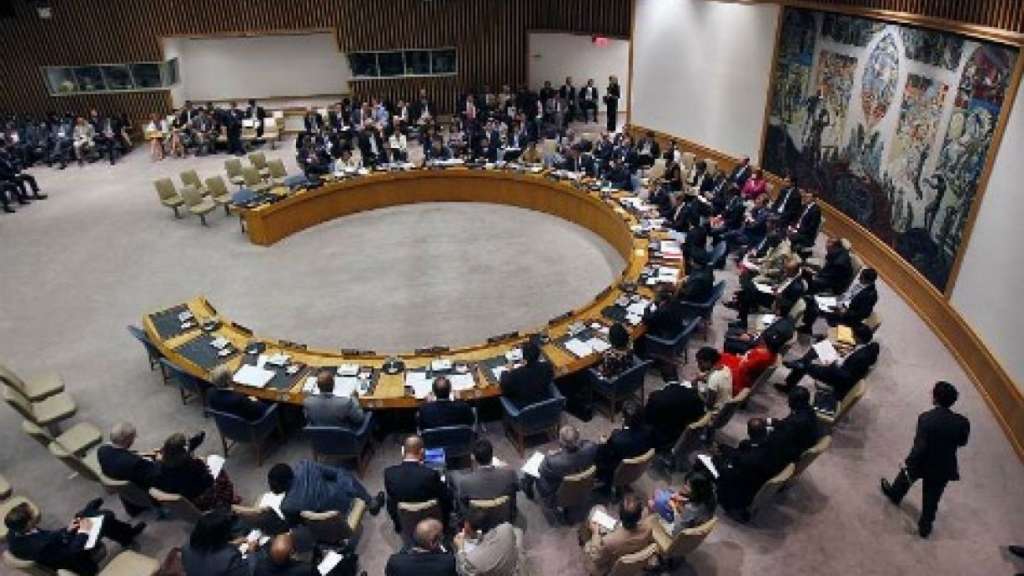New York- The U.N. Security Council on Wednesday convened in a session discussing international terrorism and the ideology it adopts. The session, chaired by Egypt, was also headed by Egyptian Minister of Foreign Affairs Sameh Shoukry. The council was briefed by Deputy Secretary-General of the United Nations Jan Eliasson, Al-Azhar Al-Sharif Islamic Research Academy (AIRA) Secretary General Sheikh Muhyiddin Afifi and Microsoft’s vice president Steven Crown.
U.N. General Secretary Ban Ki-moon was supposed to present the brief; however, visiting Africa and Portugal, he was not able to attend the session.
Egyptian FM Shoukry said that the hostile ideology that led to the death of an officer in Cairo is the same striking Paris and Brussels. He underscored the necessity of adopting a comprehensive approach which works distinctively and tackles the evident causes of the phenomenon and the roots of terrorism.
On the other hand, Sheikh Afifi mentioned at the session that Islam had commanded mercy and condemned cruelty to animals, thus decreeing mercy to humans at an exceptional magnitude. He also confirmed that Azhar Al-Sharif is working on countering terrorism.
Afifi further explained that extremists have based their ideology on twisted creed which misinterprets Islam’s teachings, that which has resulted in wrongly accusing Islam with extremism and terrorism, two concepts utterly rejected by true Islam doctrine.
Steven A. Crown, vice president and deputy general of Microsoft, said technology companies, states and nongovernmental organizations must work together to “address terrorist use of the internet, including creation and use of counter-narratives,” in a manner that respects privacy and free speech.
“For the internet industry, the scale of the terrorist challenge is daunting,” Crown said. “We know that there are tens of thousands terrorist internet accounts that refuse to die. As one is taken down, another quickly springs up in its place.”
Crown said that the industry was willing to discuss ways to counter the challenge posed by terrorism on the web.
